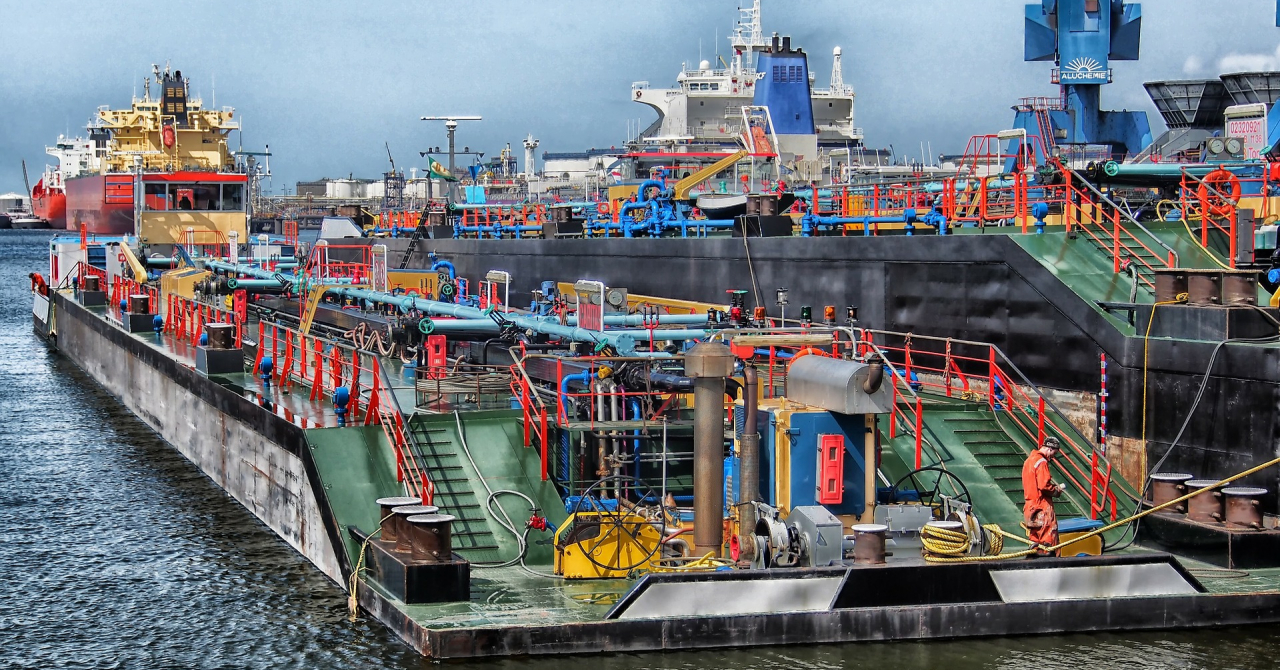The port of Rotterdam is associated with almost 14 million tonnes of CO2 each year. Basically, it's on a par with Europe's fifth biggest industrial polluter, the Weisweiller coal power plant in Germany. The study has been published by Transport & Environment and it quantifies emissions for the first time to ships at berth (loading, unloading and refuelling).
Maritime supply chain emissions from Europe’s largest port, Rotterdam are significant at 13.7Mt, nearly twice its largest competitor, Antwerp and comparable to the biggest coal plants. Between 2012 and 2019, cargo volumes at Rotterdam rose 13%.
But while the Dutch government has promised to shut down its coal plants by 2029, investments in clean port infrastructure remain low with few credible plans to provide clean fuel to the highly polluting ships operating in their ports.
Spain is also shown to have a large shipping climate problem: 3 of the top 10 ports for maritime supply chain emissions are Spanish. Algeciras has the highest emissions, responsible for 3.3 million tonnes (Mt) of CO2 , while Barcelona and Valencia follow closely behind with 2.8 Mt and 2.7 Mt respectively.
Rotterdam similarly scores highly in emissions from ships at berth, with 640 thousand tonnes (kt), followed by Antwerp and Piraeus in second and third place. Despite having no individual ports in the top 10, Italy comes out top in the country rankings for emissions at berth, with a total of 1,165 kt, followed by Spain (1,039 kt) and the Netherlands (1,001 kt). Containerships are the largest source of emissions at berth in 7 out of the top 10 ports, with oil tankers the highest emitters in the other 3 (Rotterdam, Antwerp and Vlissingen). Oil tankers similarly make up the highest single emitting ship type in Italy, Netherlands, UK and France, compared to containerships in Spain, Belgium and Germany.
Jacob Armstrong, sustainable shipping officer at T&E, said: “The shipping industry is making a killing right now. Ports are at the heart of this and their climate impact is enormous. Yet, instead of getting behind proposals to clean up shipping, like comprehensive port electrification and mandates for green fuels, ports simply aren’t doing enough to clean up the sector.”
2202 Port Rankings Briefing by start-up.ro on Scribd
 Vlad Andriescu
Vlad Andriescu












Any thoughts?